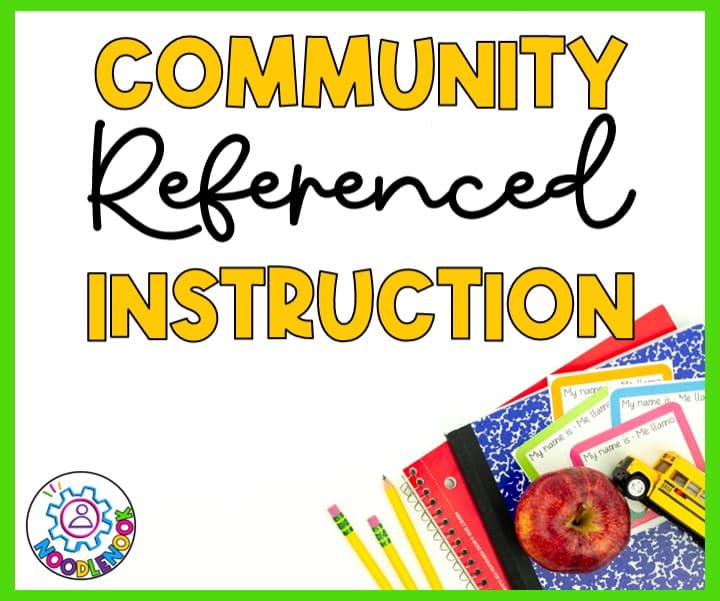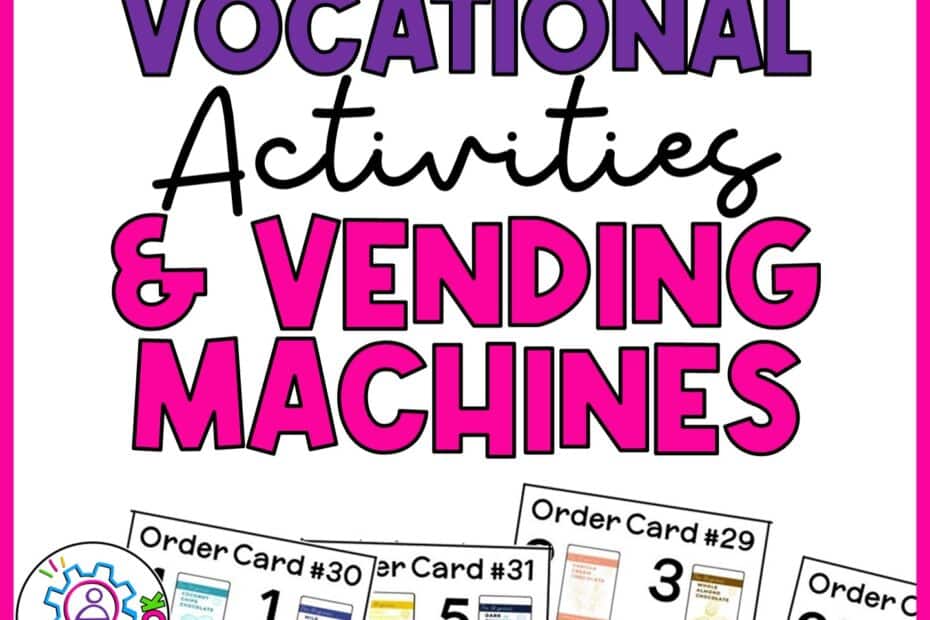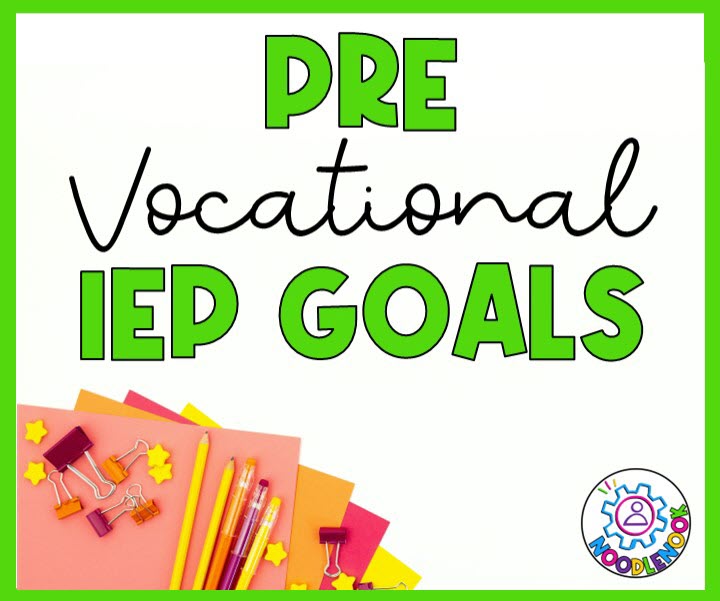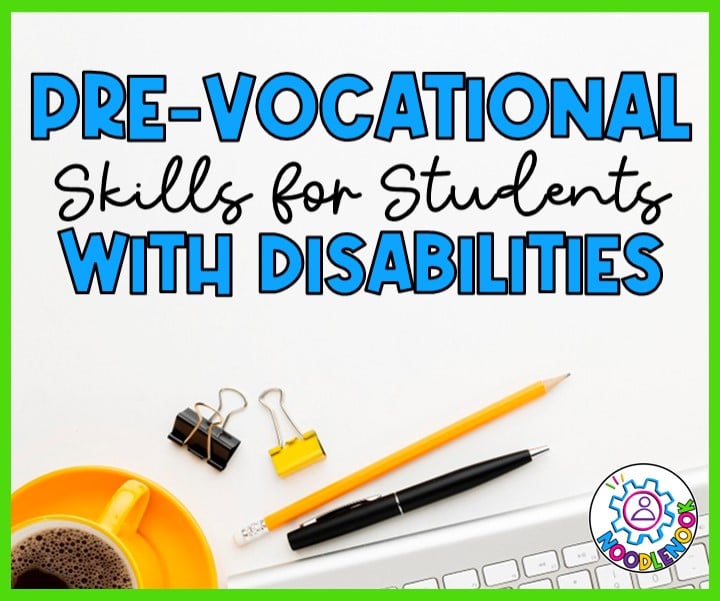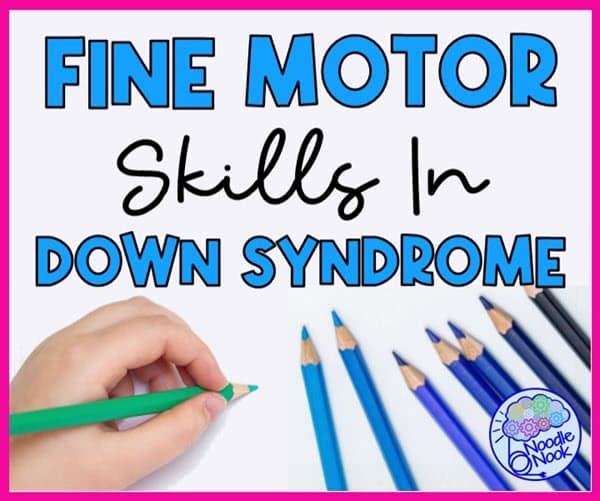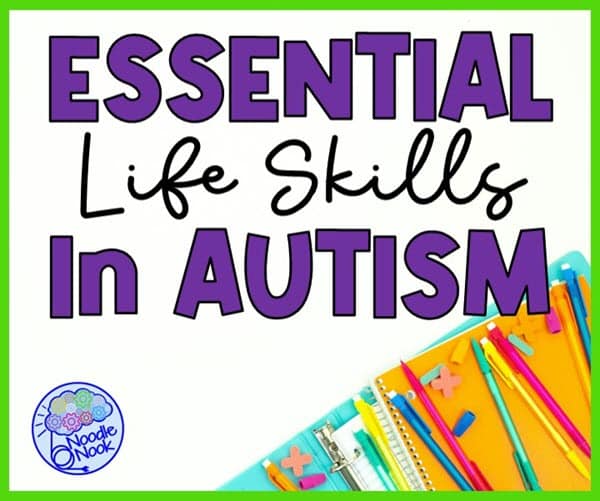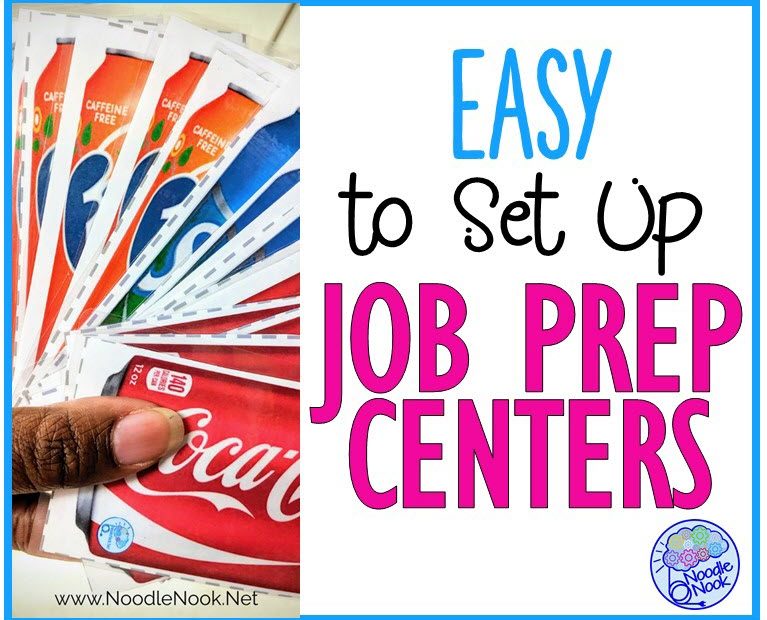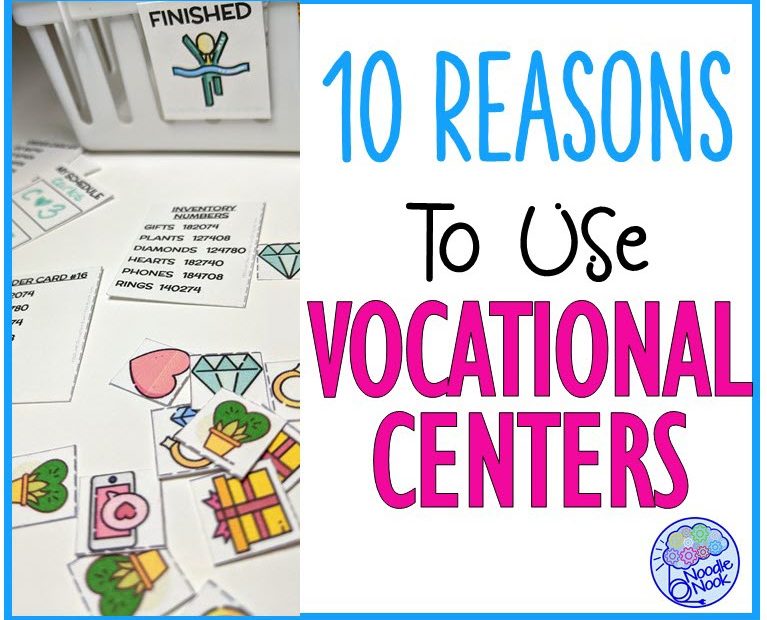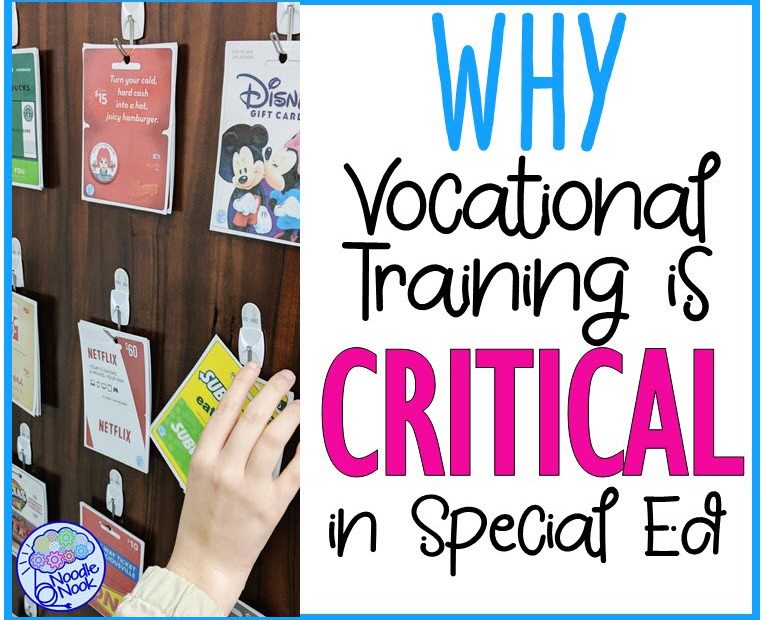In the world of special education, it’s all about preparing students with disabilities to be more independent and learn the essential life skills that will make them successful in life after graduation. To make sure students have post-secondary success, we have to include pre-vocational skill building as part of our daily instruction. For special education teachers, this task is not only one of our responsibilities, but it’s an absolute imperative in properly preparing students. In this post, we’ll cover prevocational skills for special needs students, including the life skills every student in your classroom should learn.

